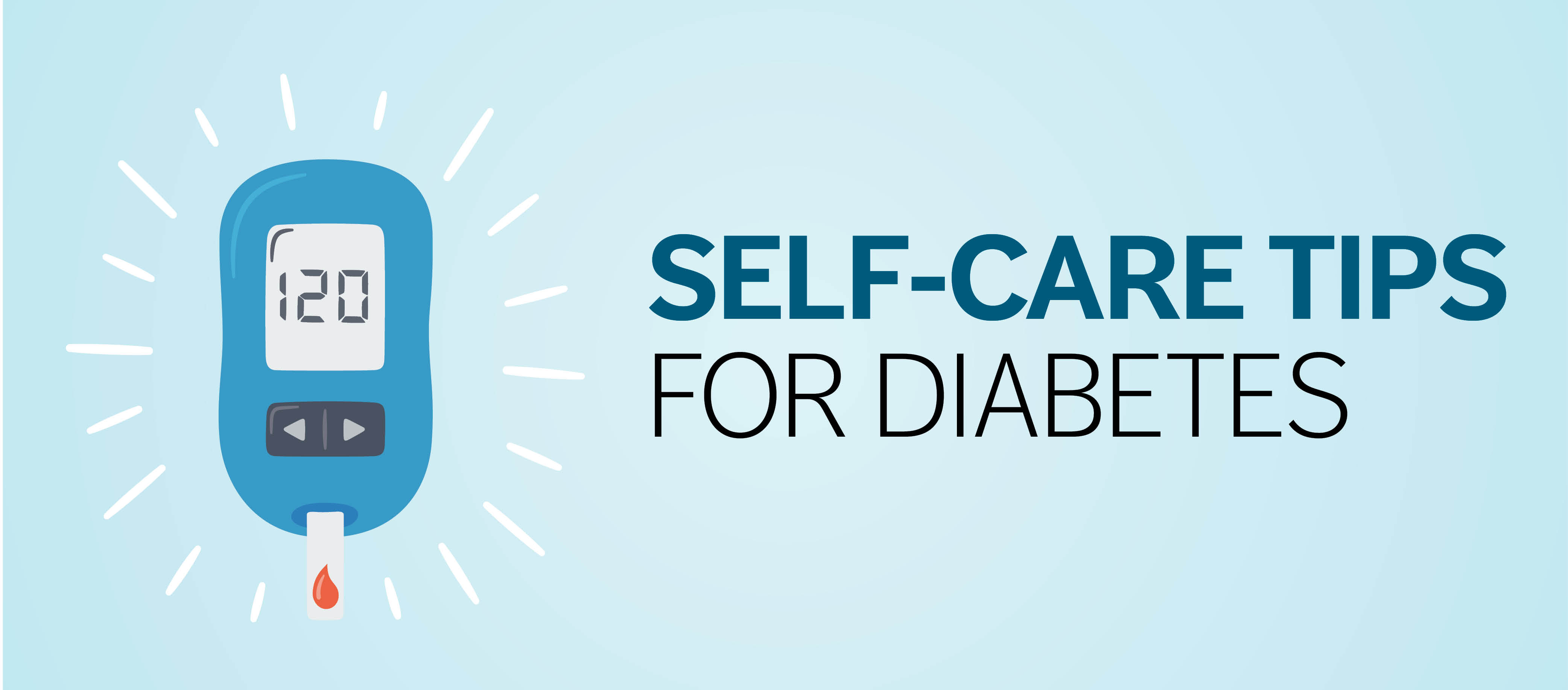The Importance of Diabetes Education and Support
December 17, 2024By: Melissa Zalonis
Categories: Diabetes, Nutrition, Your Wellness

Living With Diabetes
Learn about the basics of diabetes, and get tips on how meal planning, exercise, proper medication and coping strategies can help you live well.
Diabetes is a chronic condition that affects more than 38 million people in the US and can be mentally, physically and emotionally demanding. Diabetes occurs when one’s body doesn’t make or use insulin properly. Insulin is a hormone created in the pancreas that processes the sugars and starches we eat into energy.
Checking blood sugar, taking medications, injecting insulin, eating healthy foods and exercising are just a few of the crucial tasks people living with diabetes may have to manage. Balancing these duties with regular daily tasks can be challenging. Getting the appropriate education and social support can make a big difference between feeling overwhelmed or empowered.
Education
Even though diabetes self-management education and support (DSMES) services are important, less than 7% of people living with diabetes take advantage of them within a year of diagnosis. Diabetes education can help you learn personalized strategies that work for your lifestyle and significantly improve your quality of life by:
- Improving A1C, blood pressure and cholesterol levels
- Reducing the risk of complications and emergency care
- Helping manage your treatment plan and prescriptions
- Addressing the emotional side of diabetes
At North Kansas City Hospital and Meritas Health, we offer a comprehensive Living With Diabetes program to help people find resources, learn the basics of the condition and how to manage it, discover coping strategies and more. This program requires a doctor’s referral to enroll, and most insurance plans cover it within the first year of diagnosis. Talk with your doctor to figure out if this program is right for you.
Social Support
Social support can play a crucial role in diabetes management and treatment. Living with a chronic condition like diabetes can be an emotional strain. But encouragement from your family, friends, healthcare team and community can help you maintain a healthy diet, improve your mental health, control your blood sugar, and keep you accountable. People can support a loved one living with diabetes by:
- Learning about the disease and its misconceptions
- Going to doctor’s appointments
- Being encouraging through the highs and lows
- Knowing the symptoms of high and low blood sugar levels
Talk with your doctor about enrolling in the Living With Diabetes program for resources and support to help manage this condition.
Explore More
Diabetes Complications: From Your Head to Your Toes
Manage Your Diabetes With Exercise
7 Self-Care Tips for Diabetes



